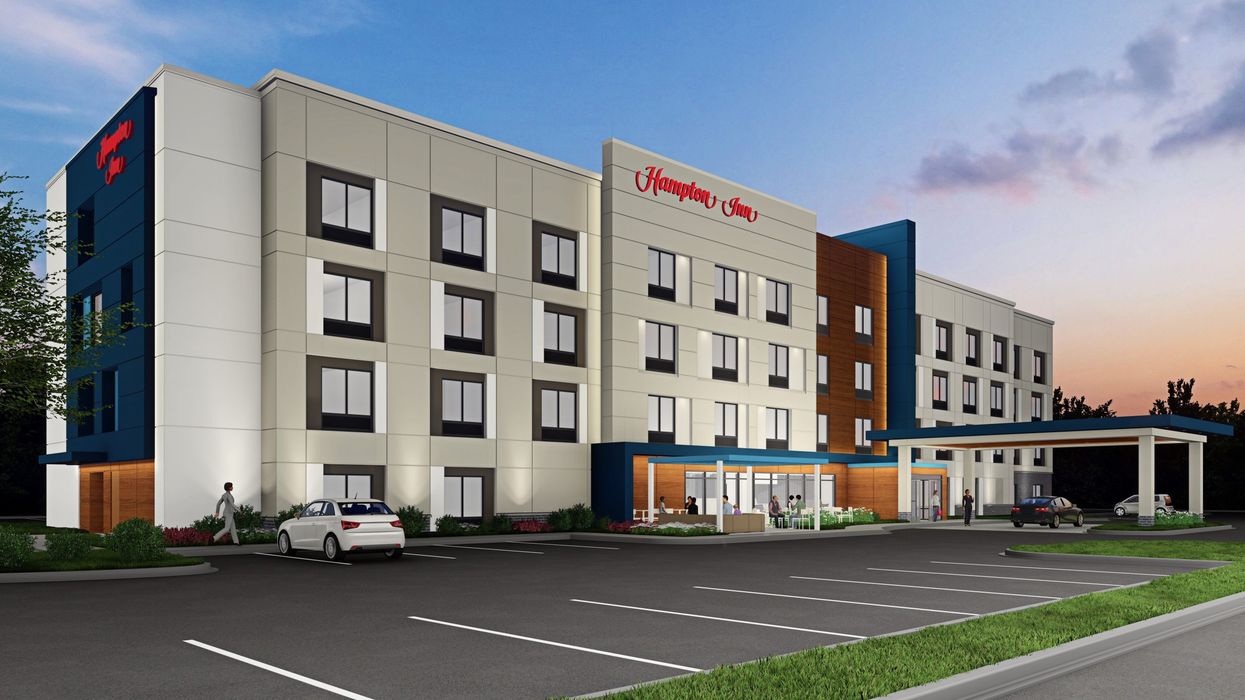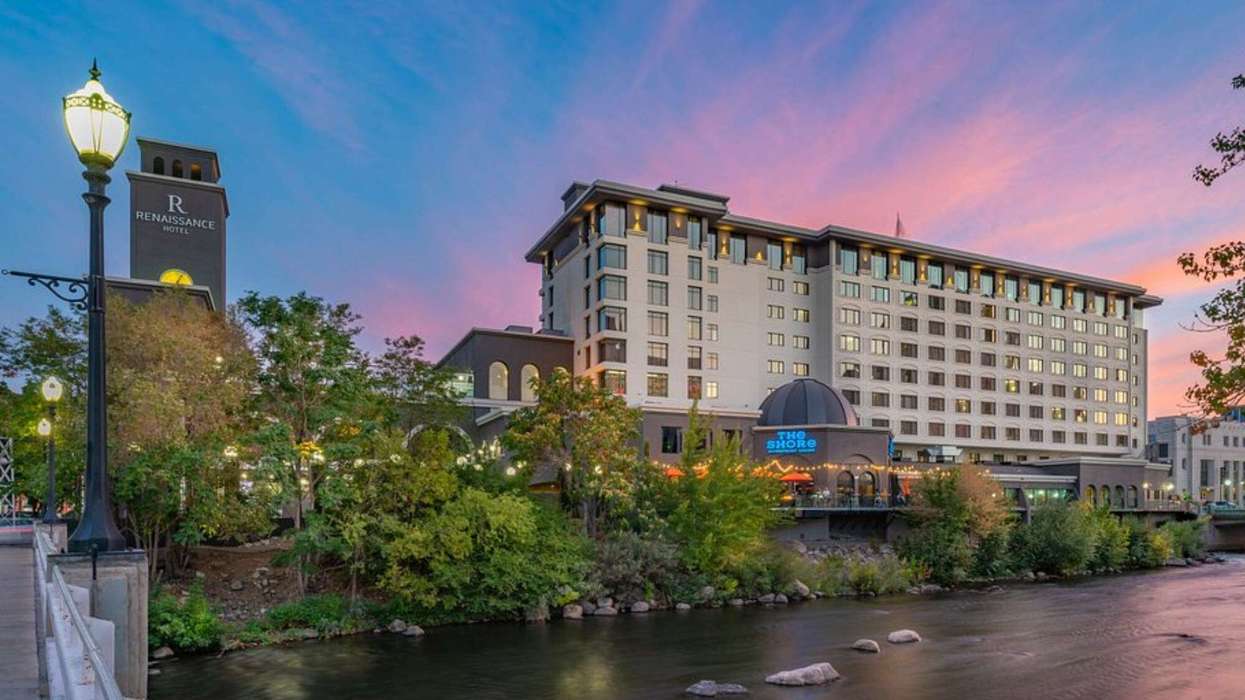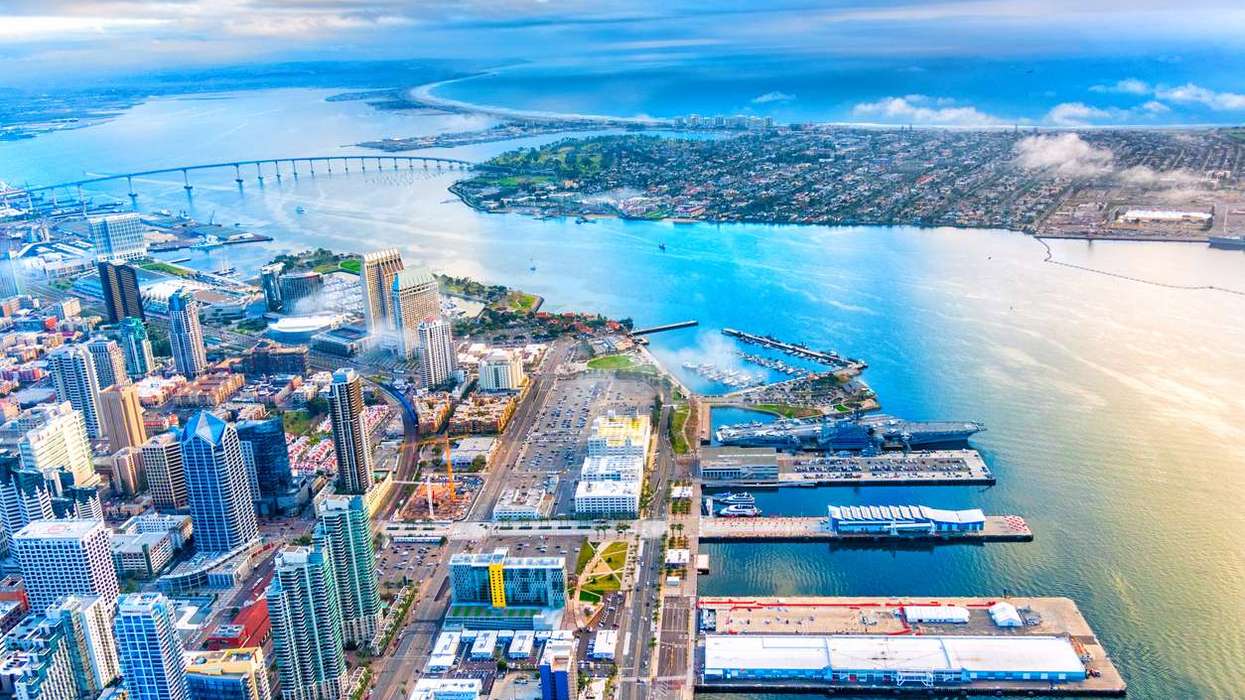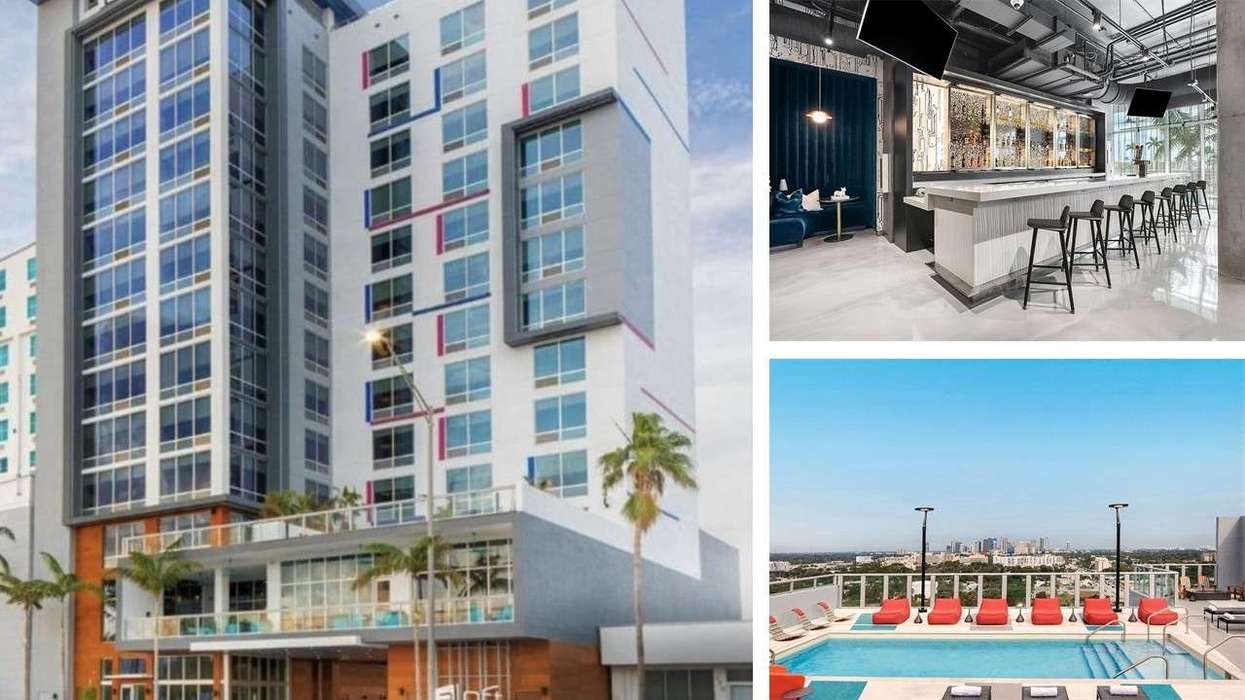HILTON RECENTLY INTRODUCED a new North American prototype and refreshed global brand identity for its Hampton Inn and Hampton Inn & Suites brands. The prototype is scheduled for its inaugural hotel opening in early 2025, Hilton said in a statement.
“With a legacy of leadership and performance spanning four decades, Hampton by Hilton continues to stand as a beacon of humanity, connecting people from around the globe and delivering a reliable and friendly stay in each one of our hotels,” said Shruti Gandhi Buckley, Hampton by Hilton’s senior vice president and brand leader. “As we unveil our new North American prototype and refreshed visual identity, we embark on an exciting new chapter for Hampton. This is a celebration of our core values and signifies a renewed commitment to our owners, guests and team members.”
The prototype is designed to adapt to various market conditions and site restrictions while improving the guest experience, the statement said. Informed by guest and owner insights, as well as design trends, these updates aim to enhance guest functionality and comfort while optimizing costs for owners in terms of building, operating, and renovating.
According to Hilton, the updates will:
- Optimize revenue-generation opportunities for Hampton Inn & Suites prototype by increasing total key count within the same footprint and optimizing the suite room layout for better site efficiency.
- Cut costs by up to 6 percent on new FF&E packages compared to previous packages for both new-builds and renovations.
- Change the exterior to include a simplified entrance canopy, adjustments to the color scheme and an added exterior patio for social gatherings.
- Reposition the front desk and add a localized feature wall and flexible multi-use space and relocate the retail shop to a more prominent location within the lobby area, which will drive increased revenue, according to the brand.
- In guestrooms, add a multifunctional task table, new bathroom design, enlarged windows to increase natural light and optimized in-room guest storage solutions.
- Introduce two decor packages based on America’s landscapes and cities.
“While Hampton continues to evolve and innovate, our unwavering commitment to the 100 percent Hampton Guarantee of delivering an exceptional stay and genuine hospitality creates an experience guest are willing to pay a premium for,” Buckley added.
Hampton’s visual identity
Hampton partnered with global branding agency Jones Knowles Ritchie to create a refreshed brand identity, Hilton said. The design draws from Hampton’s history and hospitality ethos, tailored for future global expansion. The new brand identity includes visual elements like illustrations highlighting traveler diversity, refined script, a new color palette and custom typography.
The refreshed Hampton by Hilton visual identity will roll out across all brand activities, marketing, and communications, and will be integrated globally at the property level throughout 2024.
The Hampton brand has 3,000 properties worldwide. As of Feb. 27, there were 2,386 Hampton by Hilton hotels in the U.S. Texas hosts the most Hampton hotels, totaling 205, representing about 9 percent of all Hampton hotels in the country.
In May, Hilton introduced its new extended-stay brand, Project H3, aimed at the rapidly expanding $300 billion workforce travel market, offering apartment-style accommodations for stays of 20 nights or more.






